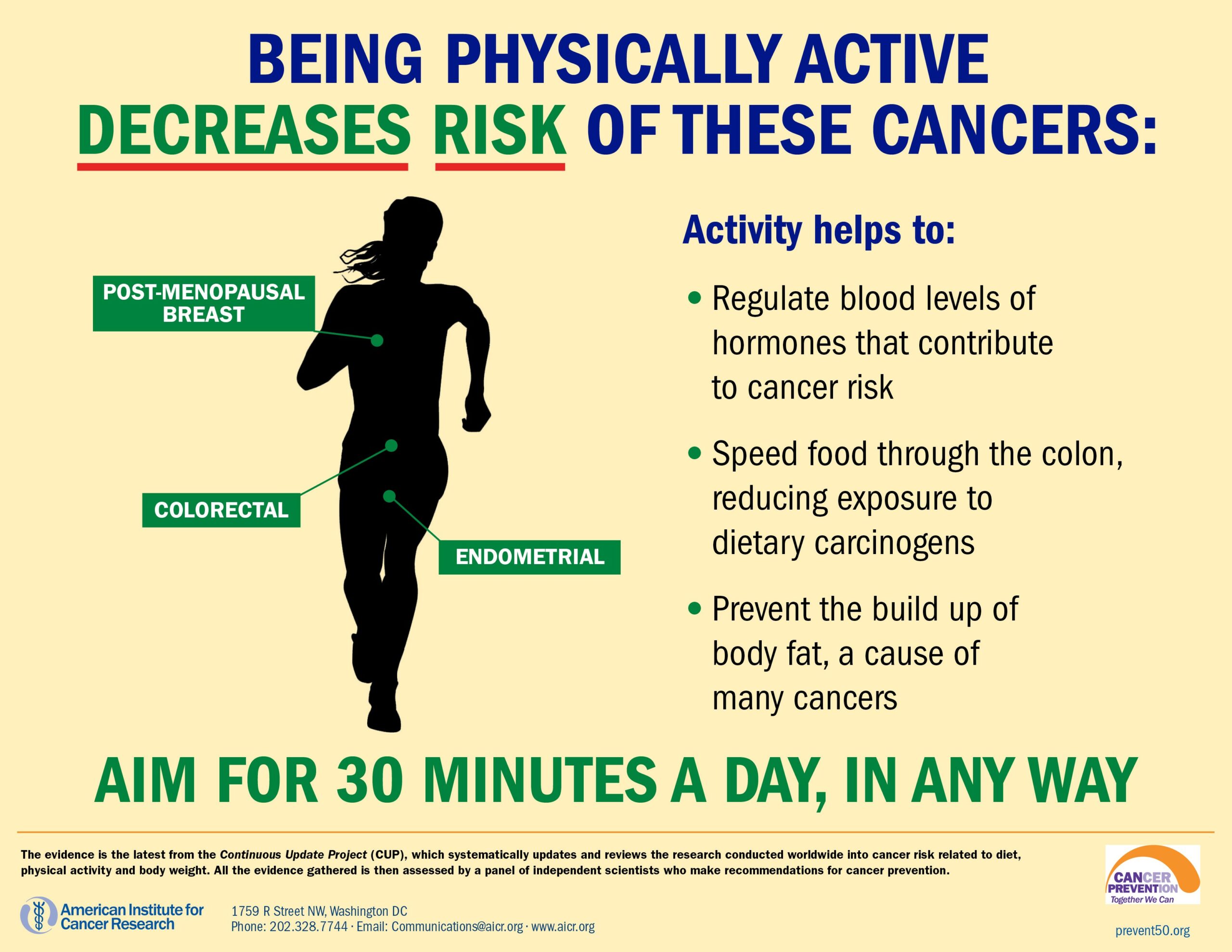In a world where the legal landscape around cannabis is shifting, many individuals are grappling with a pressing dilemma: how does a cancer diagnosis influence perceptions of smoking pot? While some view marijuana as a palliative remedy for various ailments, including chronic pain and nausea, the connotations it bears can provoke an internal conflict for those facing serious health challenges.
Consider this question: Would the prospect of cancer lead someone to reconsider their consumption of pot, or does it embolden their desire to embrace the herb as a form of self-medication? The burgeoning dialogues around the therapeutic benefits of cannabis juxtaposed with its potential risks create a multifaceted narrative, one that warrants careful exploration.
First and foremost, it is imperative to understand that a cancer diagnosis often incites a profound existential reckoning. Patients find themselves evaluating a plethora of lifestyle choices, with smoking—regardless of the substance—looming large. Smoking, traditionally associated with lung cancer and respiratory ailments, raises concerns that are even more pronounced in individuals already grappling with malignancies. The irony is palpable: seeking solace in cannabis may inadvertently contradict one’s pursuit of health, igniting a fierce introspection.
Another layer to this issue surfaces when considering the motivations behind cannabis use. For some, the allure lies in its potential to alleviate the side effects associated with conventional cancer treatments. Conversely, anecdotal accounts and burgeoning studies suggest that certain cannabinoids may possess antitumor properties, compelling patients to weigh the benefits against the possible detriments. This juxtaposition creates a complex terrain marked by both hope and skepticism.
Furthermore, the societal and cultural perceptions of cannabis have undergone a seismic shift. Once relegated to the shadows of ‘counter-culture,’ marijuana now finds itself positioned within the realms of wellness and self-care. Yet, for individuals who perceive their health as fragile, the stigma around smoking remains a potent deterrent. Some may ponder whether the act of inhaling anything could contradict their journey toward healing, while others may relish the respite that cannabis provides, albeit with a tinge of guilt.
Ultimately, one must navigate these competing narratives with a discerning eye. The decision to smoke pot post-diagnosis becomes a deeply personal one, steeped in the complexities of health, identity, and the quest for relief. As the conversation surrounding cannabis continues to evolve, so too does the challenge of reconciling its use with the realities of cancer. In the end, the question remains—does a cancer diagnosis persuade a reevaluation of the relationship with cannabis, or does it spark a newfound embrace of its potential? The answer resides not only in the individual’s health journey but also within the broader societal context shaping older and newer perceptions alike.
